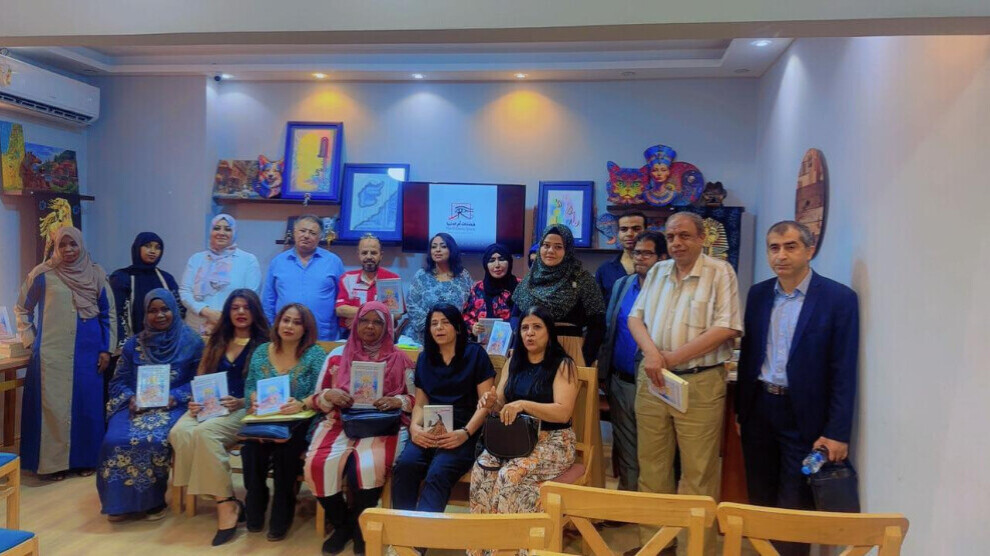Seminar in Egypt Explores the Future of Women’s Revolution Through a Historical Lens
A thought-provoking seminar titled “The Future of Work: Women’s Revolution and Its Historical Foundations” was held in Egypt, tracing the trajectory of women from the Neolithic era to the Rojava revolution.

Cairo – A thought-provoking seminar titled “The Future of Work: Women’s Revolution and Its Historical Foundations” was held in Egypt, tracing the trajectory of women from the Neolithic era to the Rojava revolution.
Genology – the "science of women" – reconstructs knowledge from a feminist and liberatory perspective, highlighting women’s historical role in shaping societies. It aims to liberate thought from patriarchal dominance and build a society founded on justice and equality.
The seminar, held on Tuesday, September 30, was moderated by Professor Ghada Al-Mohammy, who emphasized the importance of reclaiming women’s history and reinterpreting it through a contemporary lens.
Journalist Magda Taleb presented an analytical overview of the book “The Future of Women’s Revolution and Its Historical Foundations,” highlighting how the study uses genology as a tool to understand the intersection of women, history, and peace. She discussed key themes, particularly the role of women in northern and eastern Syria, their contribution to reshaping political, social, and military awareness, and their journey from domestic spaces to decision-making arenas over a century of challenges.
In a critical intervention, Dr. Mona Radwan pointed out historical gaps that require a more scientific approach. She suggested employing sociological tools to examine the upheavals experienced by both women and men, advocating for a more methodical introduction that traces the evolution of terms historically and semantically, supported by references and cultural or archaeological evidence to strengthen context.
The seminar noted that the book constitutes a valuable contribution to discussions on women’s history through its feminist genology methodology, though it still requires some methodological adjustments to qualify as comprehensive academic research.
Participants stressed the importance of creating a database of field testimonies, particularly from women who experienced detention under ISIS, and recommended detailed references at the end of each chapter to document stories and violations.
Other recommendations included monitoring the looting of Neolithic artifacts and working toward their recovery as part of reclaiming stolen women’s heritage. The seminar also called for establishing a global feminist solidarity network grounded in genology, fostering communication among women worldwide and building common bridges to face contemporary challenges.
